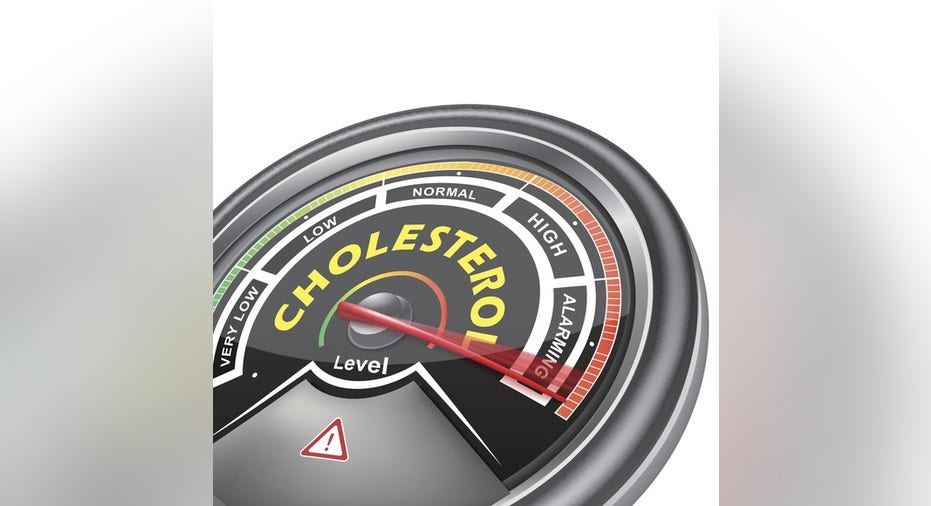Better Buy: bluebird bio, Inc. vs. Alnylam Pharmaceuticals

In this edition of our ongoing Better Buy series, we've got two biotechs trading well off their highs.
bluebird bio (NASDAQ: BLUE) peaked in the middle of 2015 when it appeared that the company's gene therapy was able to cure sickle cell anemia patients. Subsequent patients didn't fare quite as well, leading to the decline in the biotech's stock price. Investors' excitement is understandable, but it shouldn't come as much of a surprise to anyone who has observed the development of gene therapy over the last decade that there might be yet another challenge to overcome.
RNAi expert Alnylam Pharmaceuticals' (NASDAQ: ALNY) major decline came more recently in October, when the company ended a phase 3 trial testing its lead drug revusiran in patients with hereditary ATTR amyloidosis with cardiomyopathy. The clinical trial was stopped early after discovering there were more deaths in the group treated with revusiran than those treated with placebo. The imbalance of deaths could have been a fluke, but regardless of that, the drug didn't appear to be helping patients.
Stock price data by YCharts.
Turnaround candidates?
Fortunately both companies have a plan to turn things around.
Bluebird has developed a new manufacturing process that increases the number of copies of the beta-globin gene put into the cells. The hope is that increasing the copy number will increase expression of the beta-globin protein, which will make more functional cells leading to a higher percentage of cured more patients with beta-thalassemiaand sickle cell disease.
Investors will get their first look at how patients are responding to being treated with cells from the new manufacturing process at the European Hematology Association meeting in June, where Bluebird will present data on beta-thalassemia patients. A few months later, investors will get to see data for patients with sickle cell disease at the American Society of Hematology meeting in December.
Bluebird also has a separate CAR T program that's in phase 1 development. While the data so far has been promising, it's hard to assign much value to the program until it progresses.
Image source: Getty Images.
Alnylam can't revive revusiran, but it has plenty of other drugs in the pipeline to make up for the failure. The biotech's next major shot on goal will come from the APOLLO phase 3 trial testing patisiran in patients with polyneuropathy due to hereditary ATTR amyloidosis. Data from that trial is expected in the middle of this year.
Image source: Getty Images.
Beyond wholly owned patisiran, Alnylam has a pair of partnered drugs ready to enter phase 3 development after posting promising data in their respective phase 2 trials. Fitusiran, which is partnered with Sanofi (NYSE: SNY), treats hemophilia and other bleeding disorders. And inclisiran, which is partnered with The Medicines Company (NASDAQ: MDCO), treats patients with extremely high cholesterol.
Alnylam also has quite a few earlier-stage drugs in development, but like Bluebird's CAR T program, it's hard to assign them much value until they've passed the proof-of-concept stage.
Better risk-reward
Like many matchups in this series, this isn't necessarily a situation where investors should buy one company and avoid the other. Both biotechs offer a lot of potential, and there's an argument to be made for owning a basket of biotechs, so it's hard to fault investors for buying both. Hopefully both of their technologies succeed, and if they do, the companies won't be competing with each other for patients.
But if I had to pick one, I'd say Alnylam's risk-reward profile has a slight edge, simply for its extensive pipeline. Sure, if there's something wrong with the underlying RNAi mechanism, all the drugs could go down together, but there are a lot of reasons to think that the RNAi platform wasn't the issue with revusiran, so having multiple targets gives Alnylam some breathing room if it goes after the wrong one or RNAi just doesn't work in a particular disease.
If Bluebird doesn't fix its gene therapy program to cure a higher percentage of patients, it'll be awhile before the CAR T program has progressed far enough to regain its current value. Fortunately, at this knocked-down price, investors appear to be adequately compensated for that risk.
10 stocks we like better than Alnylam PharmaceuticalsWhen investing geniuses David and Tom Gardner have a stock tip, it can pay to listen. After all, the newsletter they have run for over a decade, Motley Fool Stock Advisor, has tripled the market.*
David and Tom just revealed what they believe are the 10 best stocks for investors to buy right now... and Alnylam Pharmaceuticals wasn't one of them! That's right -- they think these 10 stocks are even better buys.
Click here to learn about these picks!
*Stock Advisor returns as of February 6, 2017
Brian Orelli has no position in any stocks mentioned. The Motley Fool owns shares of and recommends Alnylam Pharmaceuticals and Bluebird Bio. The Motley Fool has a disclosure policy.



















